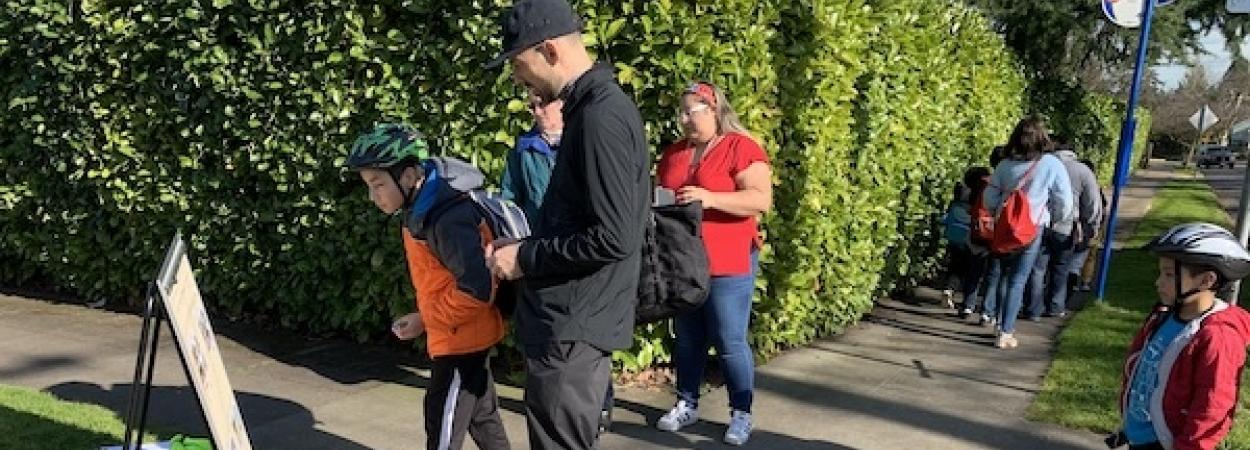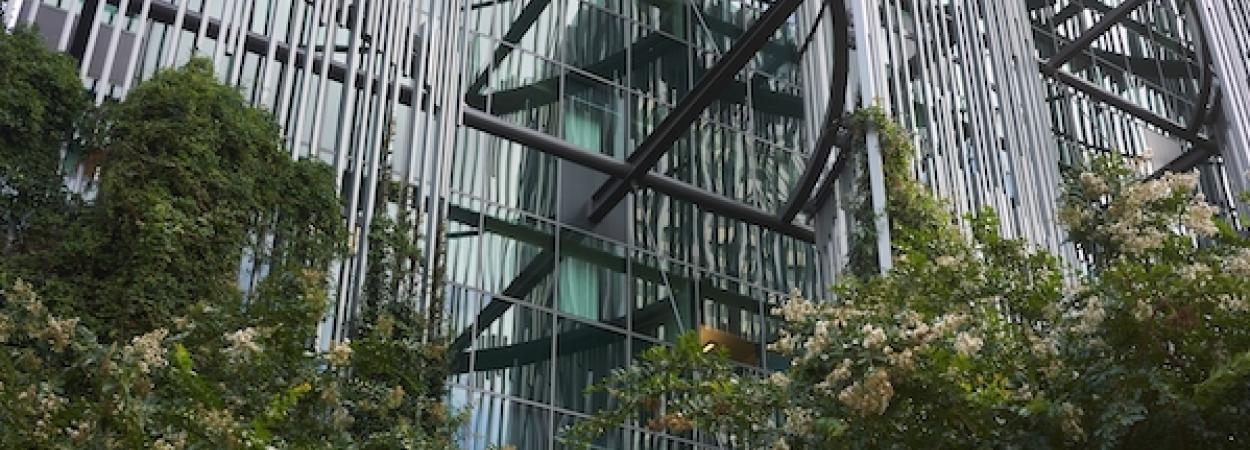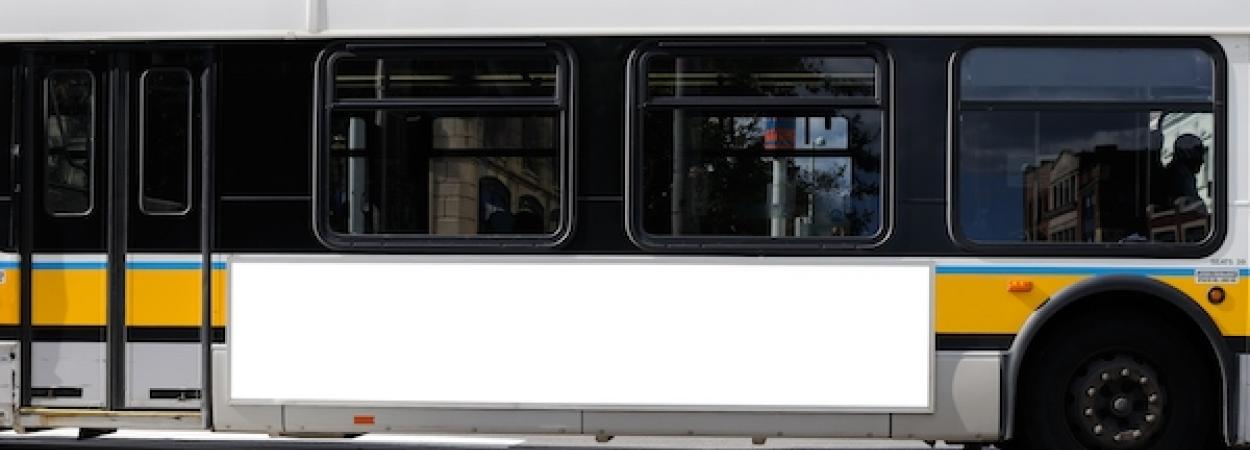 |  |  |

Last year, a car driver hit a César Chávez K-8 School student at the intersection of N. Portsmouth Ave and N. Willis Blvd in Portland, OR. It underscored what parents, teachers and Portland community members have been demanding for many years: increased investment in traffic safety at schools during pick up and drop off hours.
What’s more: Portsmouth’s residents already had a lot of ideas of how to improve pedestrian safety at this intersection.
Seeking to help the community take action on these ideas, Safe Routes to School advocacy professionals William Francis and Hanna Howsmon at Community Cycling Center and César Chávez teacher Sam Balto recommended this intersection as a potential quick build project for the Better Block PSU pathway program-–a partnership between the volunteer-led group Better Block PDX and the Transportation Research and Education Center (TREC) at Portland State U…
Read More
Dr. Huajie Yang, who graduated in 2020 with a PhD in Urban Studies and Planning from Portland State University, devoted his doctoral research to studying the impacts of light rail transit. His dissertation, "Short-term and Long-term Effects of New Light Rail Transit Service on Transit Ridership and Traffic Congestion at Two Geographical Levels," quantitatively examines the effect of new Light Rail Transit (LRT) services on transit ridership and traffic congestion over time.
Connect with Huajie Yang on LinkedIn
Yang examined light rail's impacts at two different geographic levels. At the corridor level, he conducted case studies of two light rail lines in the Portland, Oregon region (TriMet's Green and Orange MAX lines). At the regional level, he used a synthe…
Read More
Portland State University TREC researchers Kelly Clifton, Kristin Tufte and John MacArthur are among the co-authors of a May 2021 article published in Harvard Data Science Review. The paper, "Urban Sustainability Observatories: Leveraging Urban Experimentation for Sustainability Science and Policy," offers an outline of the requirements and research challenges involved in designing effective policies to meet sustainability goals for cities.
Humanity is experiencing revolutionary changes in the 21st century, including accelerating urbanization, the introduction of disruptive mobility technology services, and new sources of data generated and consumed by urban and mobility processes. However, t…
Read More
We're proud to announce the publication of a new NITC dissertation: "Methodologies to Quantify Transit Performance Metrics at the System-Level," by Travis Glick of Portland State University.
Performance metrics have typically focused at two main scales: a microscopic scale that focuses on specific locations, time-periods, and trips; and, a macroscopic scale that averages metrics over longer times, entire routes, and networks. When applied to entire transit systems, microscopic methodologies often have computational limitations while macroscopic methodologies ascribe artificial uniformity to non-uniform analysis areas. These limitations highlight the need for a middle approach. This dissertation presents a mesoscopic analysis based around timepoint-segments, which are a no…
Read More
Our multi-year study on automated transit fare collection offers a key finding that won't surprise you: Despite the convenience, the rush toward cashless fare systems has created barriers for lower-income riders seeking to use transit. Results from focus groups, surveys, and a review of current transit agency practices suggest that continuing to accept cash is a crucial way to keep transit accessible. However, dealing with cash has drawbacks: it’s time intensive and expensive. Using a detailed cost-benefit model, the researchers explored the costs for agencies to maintain some cash options and found that some simple approaches can be quite effective. The best bang for the buck? Cash collection on board buses.
Launched in 2019, the research project "Applying an Equity Lens to Automated…
Read More